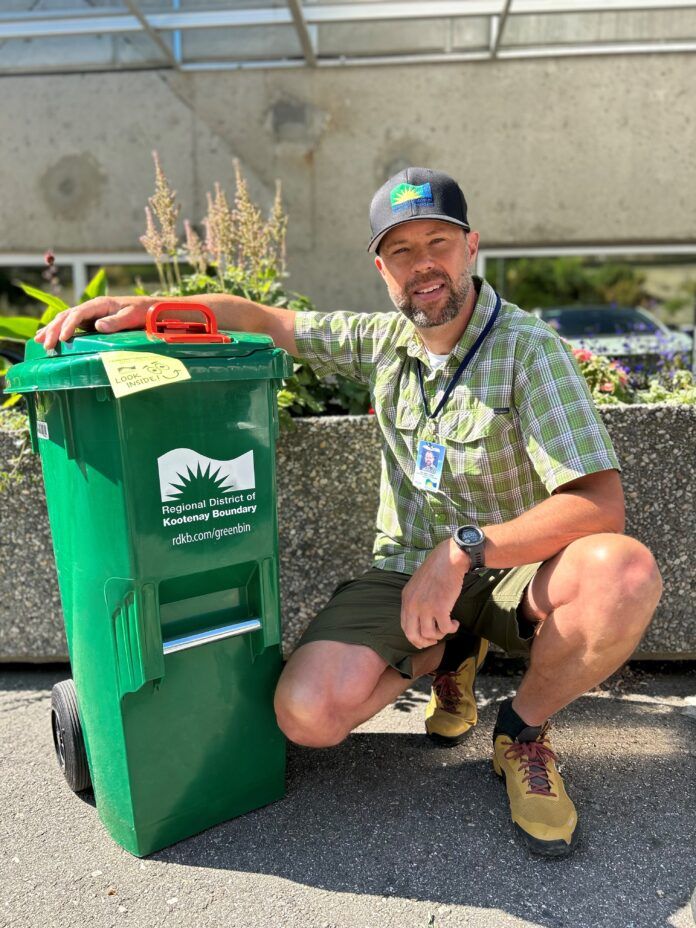Trail residents will receive a credit next year on their waste utility fee if city council adopts a plan suggested by staff.
Last week city manager Colin McClure told council he is proposing a $25 fee to cover the cost of spring and fall waste clean-up along with a $28.50 credit to refund three months of curbside collection provided by the Regional District of Kootenay Boundary, working out to a net difference of $3.50.
Previously the city took care of garbage pick-up and the cost was incorporated into the utility fee, but since October the RDKB has looked after the service and each bag has had to be tagged at a cost of $3. Residents were effectively charged twice this year, hence the credit.
McClure also suggested 2024 should be the last year a separate utility fee is charged for yard waste. Starting in 2025, it will just be included as part of property taxes.
“Although it was a bumpy transition at the start, city residents appear to be adjusting nicely to the new RDKB curbside collection of organics and garbage,” McClure said, adding that about 9,500 garbage tags have been sold since late September.
Complaints and other calls about the program have also declined as people have been getting used to it. McClure said the city won’t have data for a few months on how much garbage and compost is being collected under the new system, but council heard the majority of residents are using it.
Council was also told the city has not heard of any bear-related issues as a result of the new system, which sees weekly organics pick-up using a separate bin.
Meanwhile, McClure said staff are recommending a 10 per cent increase in water rates and a four per cent increase in sewer rates for 2024. In actual dollars, water would go up $40 (after an early payment discount), from $403 to $443, while sewer would rise $10 from $265 to $275.
McClure said while the sewer utility is in a “healthy space overall” given the reserve balance and proposed capital expenditures over the next few years, that is not the case for the water utility, where $500,000 is going into reserves annual but the city figures it needs to spend $2 million per year.
McClure said they have to discuss whether it would make more sense to borrow money for the improvements and pay it back over time, taking some of the pressure off rates. The city’s water master plan is expected to address their priorities.
Utility rates are adopted separately from the city’s overall budget so bills can be sent out early in the new year. McClure said their goal is to have next year’s rates passed by mid-December.
(CORRECTION: An earlier version of this story had the proposed water and sewer rates in actual dollars reversed.)


